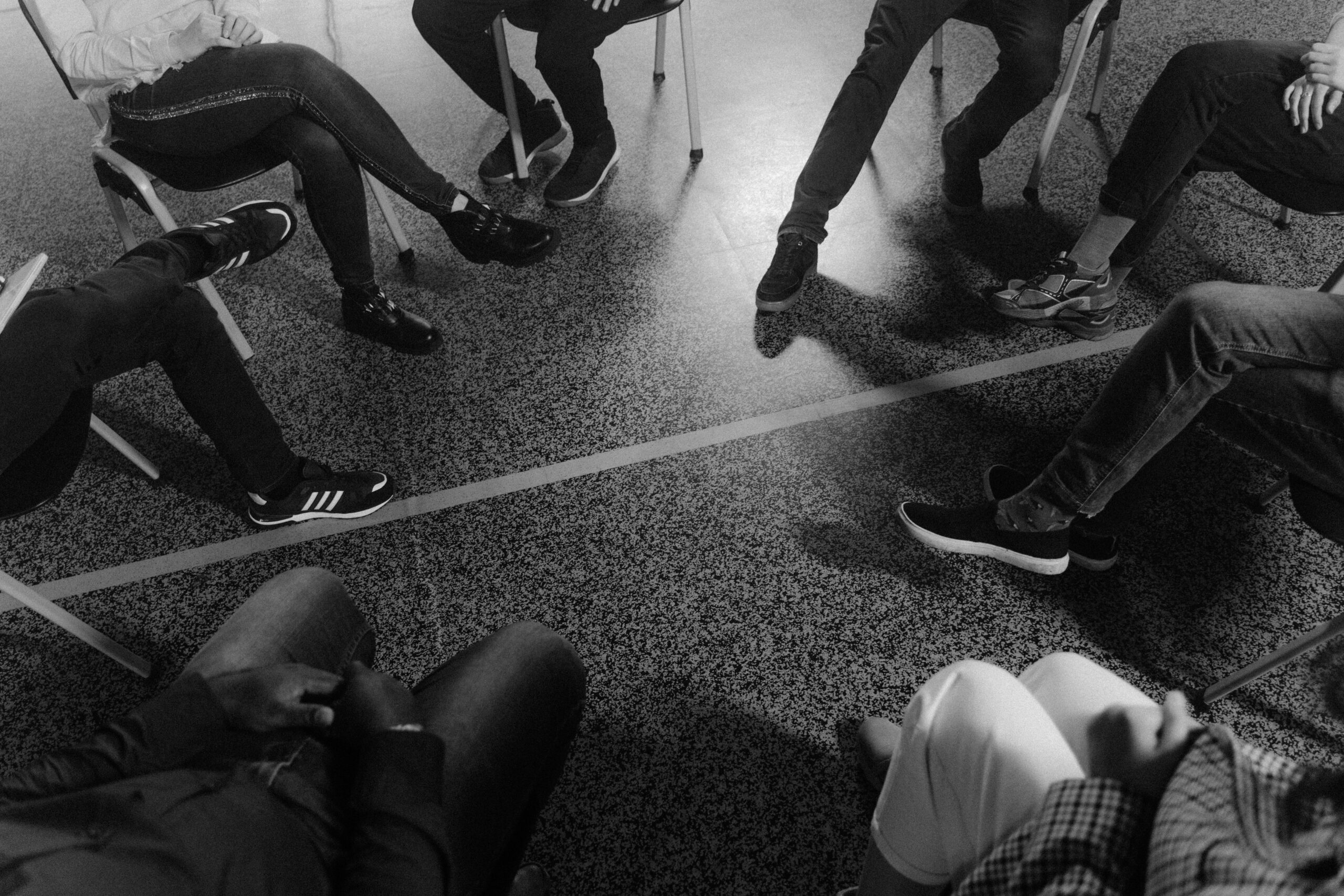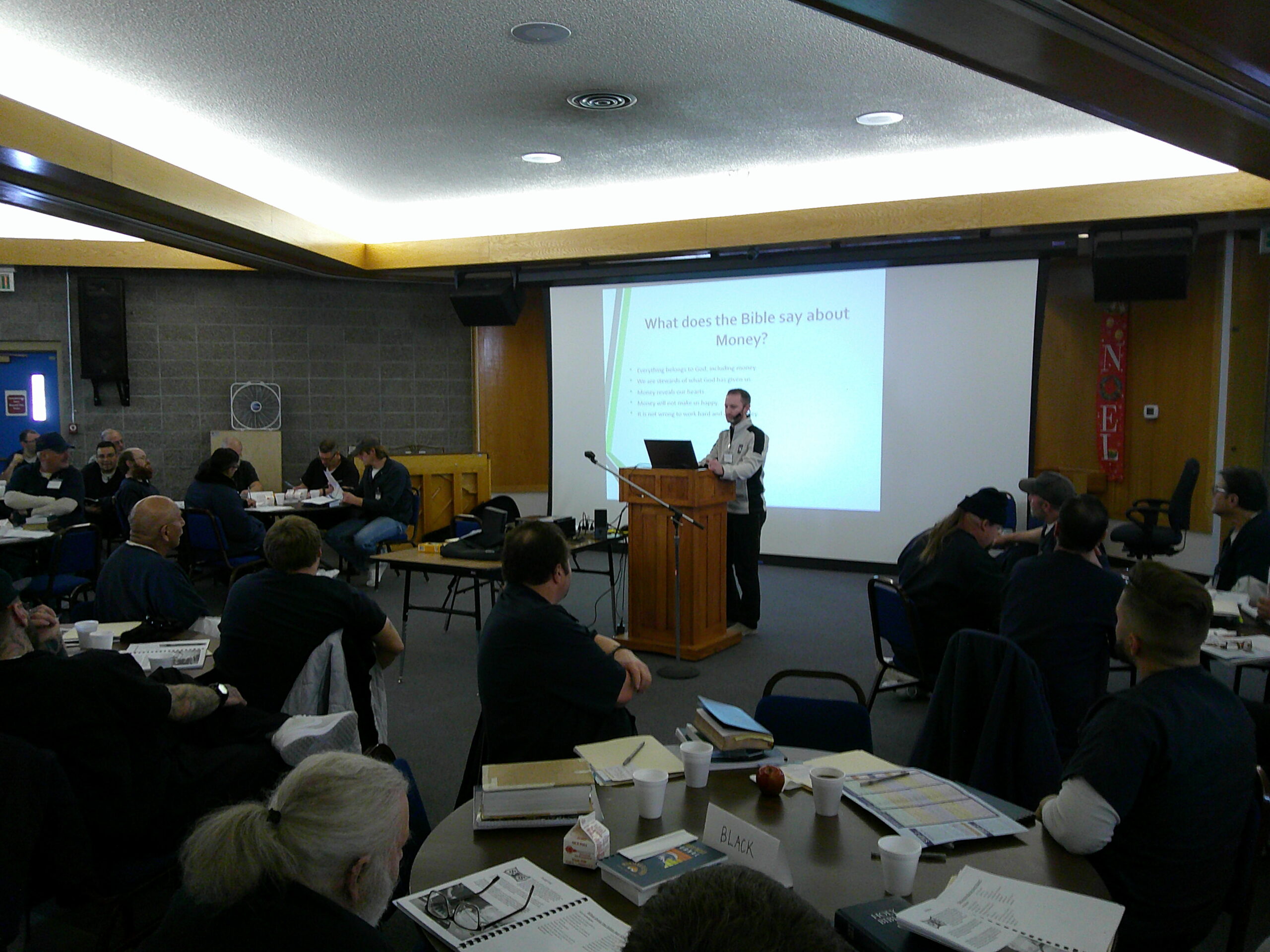Reintegration Support
Our Process
Comprehensive Support for Successful Re-entry
The Reintegration support is the final phase of the Montana Re-Entry Program, focusing on helping formerly incarcerated individuals transition seamlessly into society. This program provides practical, emotional, and spiritual resources to ensure participants thrive in their communities, build meaningful lives, and avoid recidivism. Through mentorship, housing assistance, job placement, and relationship-building, the program fosters long-term stability and personal growth.
01.
Purpose:
To provide ex-formerly incarcerated individuals with the ongoing support and resources needed to rebuild their lives, reconnect with their families, and become contributing members of society.Goals:
- Secure stable housing and employment for participants.
Strengthen emotional and spiritual resilience.
Promote financial independence and personal accountability.
Rebuild family and community relationships.
Create a lifelong support network to reduce recidivism.

02.
Reintegration Support is a comprehensive system designed to meet participants’ unique needs. The following services are provided:

03.
- Duration:
Reintegration Support is offered for life. We encourage all participants to stay engaged with our community, mentorship, and get into position to become a mentor.
- Location:
Services are delivered through a combination of in-person sessions, online resources, and community partner facilities.
- Facilitators:
A dedicated team of mentors, counselors, and program staff ensures participants receive personalized support.
- Help participants secure safe and affordable housing options.
- Partnerships with local housing providers, including sober living facilities, halfway houses, and rental property owners who support second chances.
- Assistance with applications, deposits, and navigating rental agreements.
- Job Placement Support:
- Partnerships with local businesses to provide employment opportunities for participants.
- Advocacy for hiring individuals with criminal records.
- Budgeting workshops to teach participants how to manage their finances effectively.
- Resources for opening a bank account, building credit, and saving for the future.
- Training on handling taxes and avoiding financial pitfalls.
- One-on-One Mentorship:
- Pair participants with mentors who provide guidance, accountability, and encouragement.
- Group Counseling:
- Support groups to help participants share experiences and build community.
- Faith-Based Counseling:
- Emphasizing spiritual growth and emotional healing through Christian principles.
- Intensive Treatment Therapy
- Sex offender Treatment
- Violent offender treatment
- Facilitate family counseling sessions to rebuild trust and strengthen relationships.
- Parenting workshops to teach effective and nurturing parenting skills.
- Provide tools for navigating family dynamics after incarceration.
- Encourage participants to volunteer or join local organizations to build connections.
- Promote participation in church groups, peer networks, and community events.

04.
The program is tailored to each participant’s unique circumstances and progresses through the following stages:
Stage 1: Initial Assessment
Stage 2: Immediate Support
Stage 3: Rehabilitation / Therapy
Stage 4: Career assessment and internship
Stage 5: Community Integration
Stage 6: Sustained Support

05.
Participants in the program will achieve the following outcomes:
Mental stability: Continued access to professional counseling.
Housing Stability: Access to permanent, affordable housing.
Employment Success: Steady income and career advancement opportunities.
Financial Independence: A clear understanding of budgeting, saving, and managing debt.
Stronger Relationships: Reconnected family ties and improved personal relationships.
Community Connection: A sense of belonging and active involvement in the community.
Reduced Recidivism: Greater emotional resilience and accountability to avoid reoffending.

Support the Reintegration Program
# 01
Volunteer:
Become a mentor or join our team of counselors and trainers.
# 02
Donate
Your contributions fund housing, training, and counseling services for participants.

# 03
Partner
Collaborate as a business, landlord, or organization to provide resources and opportunities.


